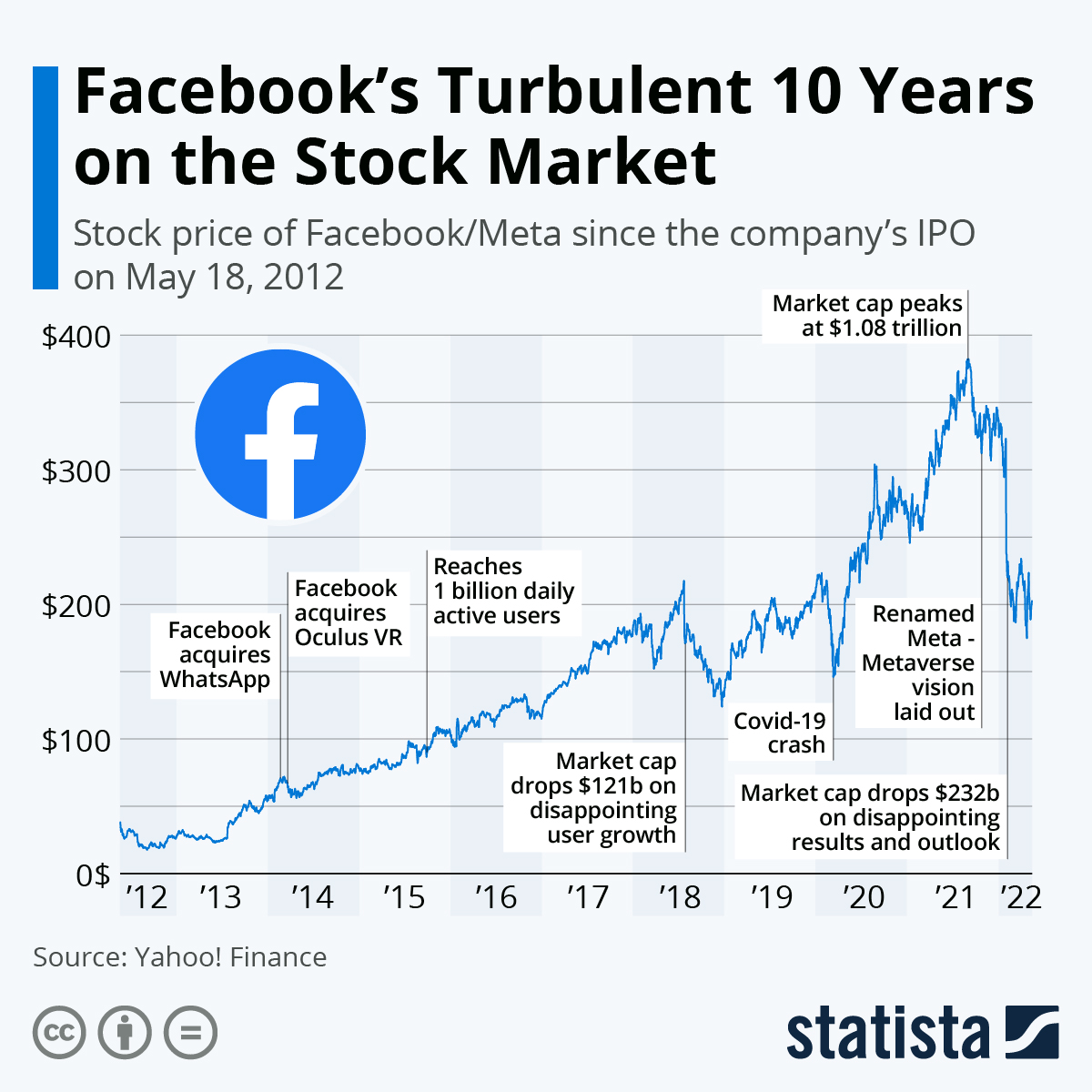
In the world of equities trading, a market maker is a service that quotes the buy and sell prices of a tradable asset. Their aim is to maximize their profit through the bid-ask spread and turn. We'll be looking at the different types and characteristics of market makers. If you are interested in becoming a market maker, there are many things you can do to get started. We will be covering the primary market maker, the competitive market maker, and other MMs in this article.
Primary market maker
Before an announcement is made, the primary marketmaker must register in a security. The NASD has special criteria that must be met by a primary market maker. These criteria include the time at the inside ask and the ratio of the marketmaker's spread to that of an average dealer, as well as 50 percent of marketmaker quotation updates without execution. If a market maker fails to meet these criteria, the Exchange may suspend the registration. This process could take several years.
In general, a Primary market maker is designated for a particular option class on the Exchange. Each Primary Maker must agree to specific performance standards, such as minimum average quotation size or maximum quotation spread. The most liquid options are those that are listed and are traded frequently. The exchange will assign a Primary Market Maker based on these commitments. These rules have a number of other requirements. The rules require that primary market makers act fairly to comply with them.

Competitive Market Maker
The term "competitive marketplace maker" refers a market maker who precommits not to provide liquidity at a level that is higher than what the market will choose to provide. In the context of the NEEQ market, this concept impacts price efficiency in two ways. This concept reduces transaction costs. It promotes efficient trading and lowers spread width. This informational price is the social cost associated with completing trades. This informational price can be decreased by being a competitive market maker, while increasing welfare.
A competitive market maker is able to beat a competitor's quote price within a certain range. Historically, a market maker would buy a stock from a retail customer at the inside bid and sell it at the same price as another market maker. The retail broker fulfilled their obligation to execute the best possible transaction. In addition, the inside Nasdaq quotation represents the retail transaction's average price. Hence, the term "competitive market maker" has many advantages.
Secondary Market Maker
To trade on the exchange, a stock or option must be quoted by a market maker. The Market Maker must honor orders, and keep quotations updated in response to market movements. The Market Maker must correctly price options contracts. He must not make more than $5 in difference between the offer price or bid price. The Exchange might place additional restrictions on Market Maker's activities. It has to maintain a list of trades and provide marketing support.
Market makers exist to ensure that the market functions and provide liquidity. Without these firms, investors cannot unwind their positions. The Market Maker also buys securities from bondholders and ensures that company shares can be sold. Market makers in essence act as wholesalers within the financial market. Here's the list of active market players in each sector.

Other MMs
Market makers play an important role in maintaining the market's integrity. They help maintain balance and prices by buying and selling bonds and stocks. But how can you make sure your broker is also a marketmaker? Here are some things you need to consider when selecting a marketmaker:
Some Market Makers do not meet their continuous electronic quoting obligations. Certain Market Makers are not subject to quoting obligations in all markets. These include the SPX. These requirements are mandatory for all Exchange accounts. This is especially true for market-makers operating on the floor. Some Market Makers may be unable to provide continuous electronic quotes due to their infrastructural limitations. This could impact your account's liquidity.
FAQ
What are the advantages of owning stocks
Stocks are more volatile than bonds. The stock market will suffer if a company goes bust.
But, shares will increase if the company grows.
In order to raise capital, companies usually issue new shares. This allows investors the opportunity to purchase more shares.
To borrow money, companies use debt financing. This gives them cheap credit and allows them grow faster.
A company that makes a good product is more likely to be bought by people. The stock will become more expensive as there is more demand.
Stock prices should rise as long as the company produces products people want.
What's the difference between the stock market and the securities market?
The entire market for securities refers to all companies that are listed on an exchange that allows trading shares. This includes stocks and bonds, options and futures contracts as well as other financial instruments. Stock markets can be divided into two groups: primary or secondary. The NYSE (New York Stock Exchange), and NASDAQ (National Association of Securities Dealers Automated Quotations) are examples of large stock markets. Secondary stock market are smaller exchanges that allow private investors to trade. These include OTC Bulletin Board Over-the-Counter (Pink Sheets) and Nasdaq ShortCap Market.
Stock markets are important for their ability to allow individuals to purchase and sell shares of businesses. It is the share price that determines their value. The company will issue new shares to the general population when it goes public. These newly issued shares give investors dividends. Dividends can be described as payments made by corporations to shareholders.
In addition to providing a place for buyers and sellers, stock markets also serve as a tool for corporate governance. Shareholders elect boards of directors that oversee management. Boards ensure that managers use ethical business practices. If a board fails in this function, the government might step in to replace the board.
What is the difference of a broker versus a financial adviser?
Brokers help individuals and businesses purchase and sell securities. They take care of all the paperwork involved in the transaction.
Financial advisors have a wealth of knowledge in the area of personal finances. They are experts in helping clients plan for retirement, prepare and meet financial goals.
Banks, insurers and other institutions can employ financial advisors. Or they may work independently as fee-only professionals.
It is a good idea to take courses in marketing, accounting and finance if your goal is to make a career out of the financial services industry. You'll also need to know about the different types of investments available.
Statistics
- Our focus on Main Street investors reflects the fact that American households own $38 trillion worth of equities, more than 59 percent of the U.S. equity market either directly or indirectly through mutual funds, retirement accounts, and other investments. (sec.gov)
- Individuals with very limited financial experience are either terrified by horror stories of average investors losing 50% of their portfolio value or are beguiled by "hot tips" that bear the promise of huge rewards but seldom pay off. (investopedia.com)
- The S&P 500 has grown about 10.5% per year since its establishment in the 1920s. (investopedia.com)
- Ratchet down that 10% if you don't yet have a healthy emergency fund and 10% to 15% of your income funneled into a retirement savings account. (nerdwallet.com)
External Links
How To
How to Trade on the Stock Market
Stock trading involves the purchase and sale of stocks, bonds, commodities or currencies as well as derivatives. The word "trading" comes from the French term traiteur (someone who buys and sells). Traders trade securities to make money. They do this by buying and selling them. This is the oldest form of financial investment.
There are many ways you can invest in the stock exchange. There are three types that you can invest in the stock market: active, passive, or hybrid. Passive investors do nothing except watch their investments grow while actively traded investors try to pick winning companies and profit from them. Hybrid investors take a mix of both these approaches.
Index funds track broad indices, such as S&P 500 or Dow Jones Industrial Average. Passive investment is achieved through index funds. This type of investing is very popular as it allows you the opportunity to reap the benefits and not have to worry about the risks. All you have to do is relax and let your investments take care of themselves.
Active investing means picking specific companies and analysing their performance. An active investor will examine things like earnings growth and return on equity. They decide whether or not they want to invest in shares of the company. If they believe that the company has a low value, they will invest in shares to increase the price. However, if they feel that the company is too valuable, they will wait for it to drop before they buy stock.
Hybrid investing blends elements of both active and passive investing. For example, you might want to choose a fund that tracks many stocks, but you also want to choose several companies yourself. This would mean that you would split your portfolio between a passively managed and active fund.